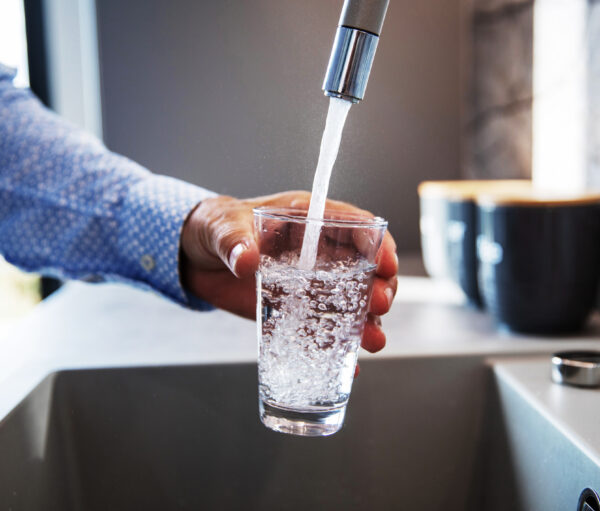Hydration Strategies for Adults With Dementia

Staying properly hydrated is essential for maintaining overall health and cognitive function. Dehydration is a common and serious concern among older adults, especially those with dementia. People with dementia often forget to drink water or may resist it when offered. In turn, dehydration can make dementia symptoms worse, leading to confusion, irritability, and an increased risk of falls and infections. It can also worsen other medical conditions like urinary tract infections, which are already more common in older adults.
Here are some creative strategies that can help caregivers ensure an older adult with Alzheimer’s stays hydrated.
Offer a variety of fluids: Instead of just plain water, provide a range of hydrating options such as herbal teas, fruit-infused water, diluted fruit juices, or clear broths. Experimenting with different flavors can make drinking more appealing.
Create a hydration schedule: Establish a routine for drinking fluids by offering them at specific times throughout the day. Pair this with other daily activities like meals, medication reminders, or bathroom breaks to create associations that prompt them to drink.
Use straws or cups with lids: Some older adults with dementia may find it easier to drink from a straw or a spill-proof cup. These alternatives can make the process less daunting and more manageable for them.
Provide visual cues: Place containers of water or their preferred beverages within their line of sight, making it easier for them to remember to drink. Colorful or attractive drinkware can also be more appealing.
Make flavorful ice cubes: Freeze small pieces of fruit or juice in ice cube trays and add these to their drinks. As the ice melts, it infuses their beverage with flavor, making it more enticing.
Offer hydrating foods: Incorporate foods with high water content into their diet, such as watermelon, cucumbers, and oranges. These foods can help supplement their fluid intake.
Find the right temperature: Some individuals prefer drinks at specific temperatures. Experiment with warm or cold beverages to find what they enjoy most.
Record fluid intake: Maintain a hydration diary to track their daily fluid intake. This visual record can be a motivating factor for both caregivers and individuals with dementia.
Use hydration-friendly activities: Incorporate hydration into enjoyable activities, like making smoothies together or having a picnic in the garden with refreshing drinks. Play their favorite music or engage in conversation during hydration breaks. Pleasant distractions can help them relax and be more receptive to drinking.
Use hydration reminder apps: There are smartphone apps designed to remind individuals to drink water at regular intervals. These apps can be customized to suit individual preferences.
Remember to be patient, supportive, and open to new ideas. Avoid pressuring or scolding the person, as this can create resistance. Instead, gently encourage and reassure them. By offering a variety of fluids, establishing routines, and using visual cues, caregivers can help their loved ones maintain proper hydration and improve their overall quality of life.
This article is not intended to replace the advice of a medical doctor. Always seek medical care for any new or changing symptoms.


